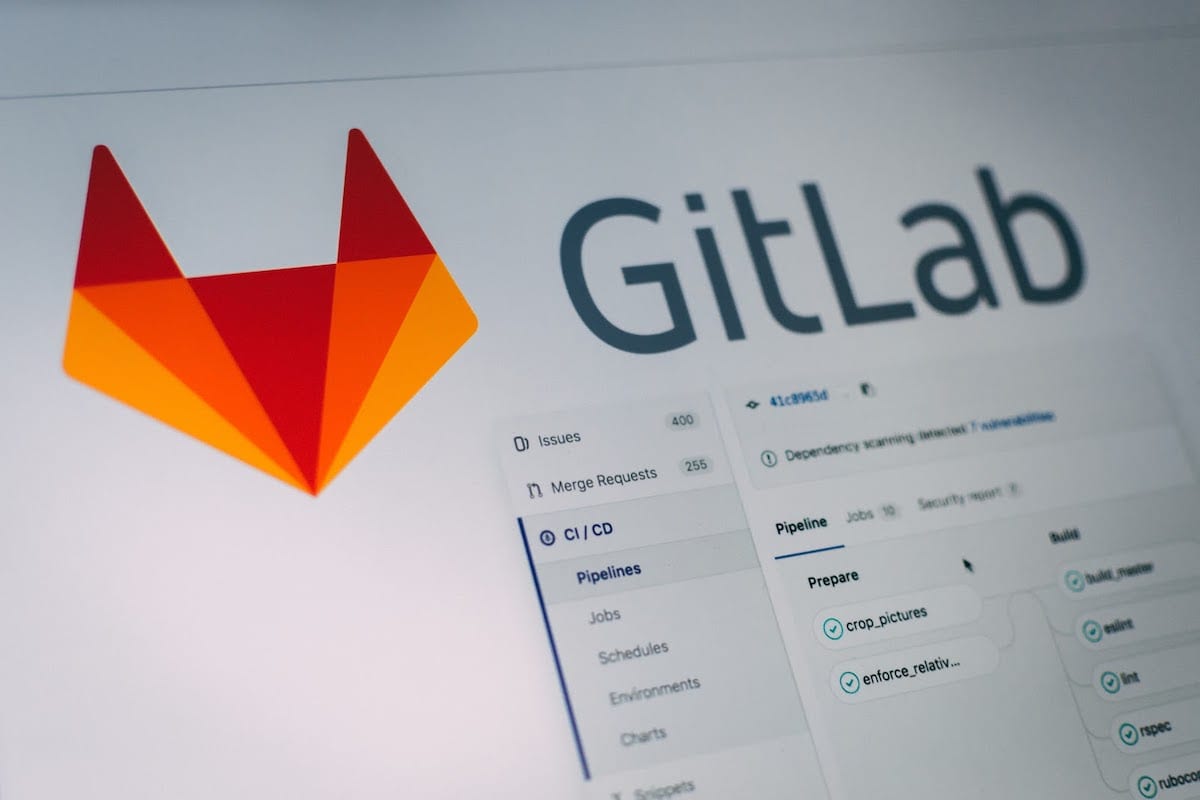GitHub just launched a fantastic developer sponsorship program that’s sure to rock the programming world. The opportunity was initially limited to a small group of beta participants, but has now been extended to the developer population as a whole. Think of it like Patreon for open-source developers– but with a few differences. To participate in the program, you’ll need a GitHub account with a sponsored developer profile. There’s finally a reliable platform that the developer community can invest into to support innovation. This announcement is a big deal, so we’ll go over the details so you can take advantage of this fantastic new sponsorship program.
If you’ve just graduated from a coding bootcamp or are looking for some extra income, GitHub’s new sponsorship program is a remarkable development in the open-source coding community.
Why Contribute to Open-Source Projects?
Choosing to contribute to open-source projects doesn’t just benefit you; it benefits the coding community as a whole. Open-source work helps code get better and helps solve problems that will make technology improve. Everybody is better off when technology advances, and you can play an essential part in that. Additionally, it allows you to become a teacher. Many people learn when they teach, and you can sharpen your skills with coding languages like JavaScript by solving real-world problems. In the past, many people shied away from open-source community projects because their time was better served working for pay. With GitHub’s new program, you’ll get paid for your work. Even if the incentive isn’t as good as your job, you can still earn five grand from your contribution. No matter how much you make at your regular job, an extra five-thousand dollars is something everybody can use.

How it Works
Microsoft’s coding subsidiary, GitHub, came up with a brilliant way to encourage innovation in the coding community. The process is simple, and it allows creative developers to support themselves while contributing to revolutionary programs. And here’s the best part: any developer who contributes to an open-source project on the platform will be eligible for a sponsorship of up to $5,000. GitHub made this innovative community-funding project possible through their new Sponsor Matching Fund. Through the fund, Github charges its sponsors once a month to ensure a smooth payment. The list of sponsorship-eligible projects is lengthy and includes:
- Code
- Documentation
- Leadership
- Project Management
- Design
- Bug Reports
- Issue Triage
- Business Development
As you can see, this program isn’t designed to just bolster one subsection of the community; instead, it encourages developers to pool their resources on the platform to improve the overall quality of technology products. This program will have a massive impact on community-funding for the foreseeable future.
Why the GitHub Community Matching Fund is Different

Nothing like GitHub’s new sponsorship program has ever existed before. Unlike other platforms that take hefty fees from developers, sponsored GitHub programmers won’t pay a cent for the first year. If you earn the $5,000 sponsorship, you’ll take home every penny of it during the first year. The Developer Matching Fund is streamlined and straightforward, removing the hassle of dealing with investors. Developers can now work, get paid, and produce excellent material without wasting time on the financial details. GitHub, by itself, is a remarkable platform, but its new sponsorship program makes it even better. While it’s technically still in beta, GitHub will continue to improve the program over time.
How to Get Started
Getting started with this excellent sponsorship program is easy. Simply go to GitHub’s Sponsorship page and follow the directions listed. If you’re feeling a little rusty or need to learn how to code, Career Karma can help. Learn more about what we can do for you. This new program is going to change the industry, and we’re really excited to see how it turns out.
About us: Career Karma is a platform designed to help job seekers find, research, and connect with job training programs to advance their careers. Learn about the CK publication.



